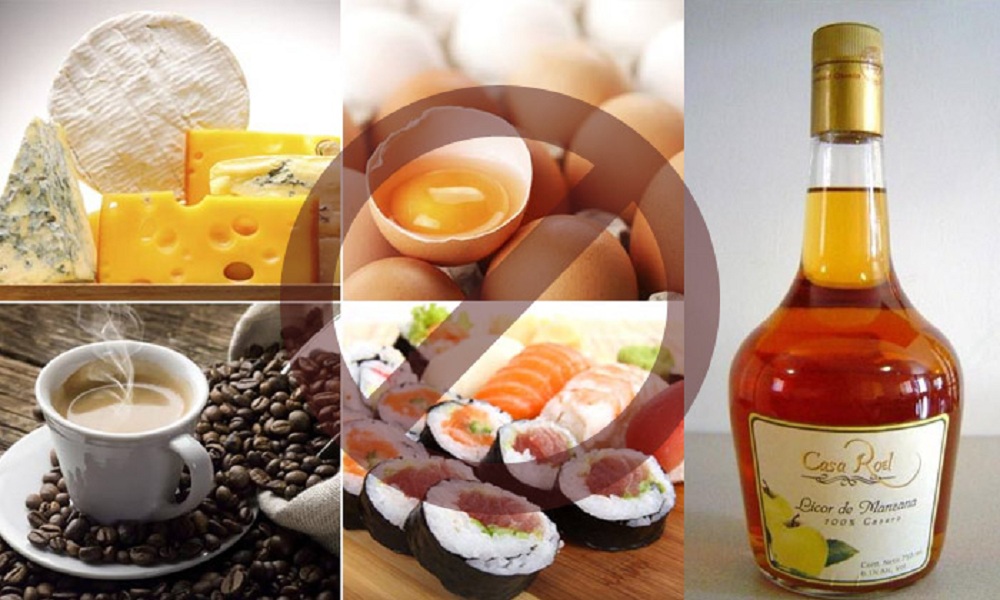
Pregnancy is one of the most beautiful phases, but at the same time both vital and delicate one in a woman’s life. Everything is about to change during this period like the way one think and feel about themselves, their priorities, attitude, lifestyle including numerous physical and hormonal changes. The eating habits of mother is going to affect the baby both mentally and physically, Therefore, it is more important to have a healthy diet during pregnancy period.
Craving for your favorite food is one of the common custom seen during pregnancy, but these may result in health risks for both mother and the baby. This means it is very essential to pay attention to what you eat, and to make sure to avoid harmful foods and beverages. Certain foods are supposed to consume rarely, while others should be avoided completely because pregnancy affects the immune system, and both mother and unborn baby are more susceptible to the bacteria, viruses, and parasites that cause food borne illness. Foods that contain high mercury content or Vitamin A can pose a health risk to your baby, as these are more susceptible to cause food borne illness such as Listeriosis and Salmonella poisoning.
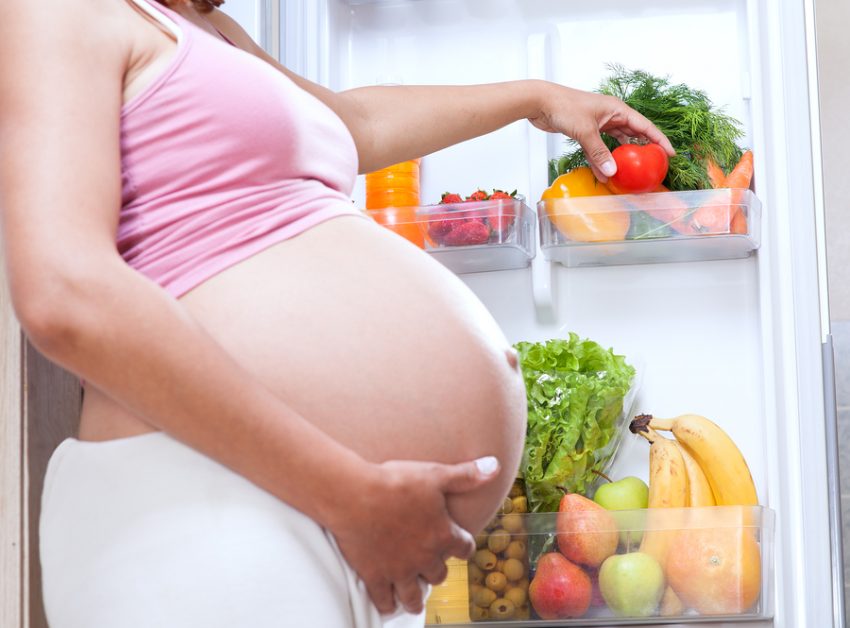
Here are certain foods to avoid or to minimize during pregnancy, the reason to avoid and how to consume them in a safe manner.
Certain kinds of FISH, such as shark, swordfish, king mackerel, and tile fish (golden or white snapper) should be avoided during pregnancy as they contain high amounts of mercury. High mercury consumption during pregnancy can lead to brain damage and developmental delays. Therefore, it is advisable not to take fish that contains high levels of mercury. Fish like chunk light tuna contain low levels of mercury, and can be taken in moderate amounts.
Refrigerated and smoked seafood’s are not a good option during pregnancy period as they are contaminated with Listeria bacteria
Try to avoid Fish cultured in contaminated rivers as they are exposed to pollutants like poly chlorinated biphenyls.
Avoid under-cooked shellfish like oysters, mussels and clams can cause majority of sea borne illnesses. Even though cooking them can prevent some of the infections, algae related infections still remain. Therefore, it is always good to avoid any kind of shellfish during pregnancy.
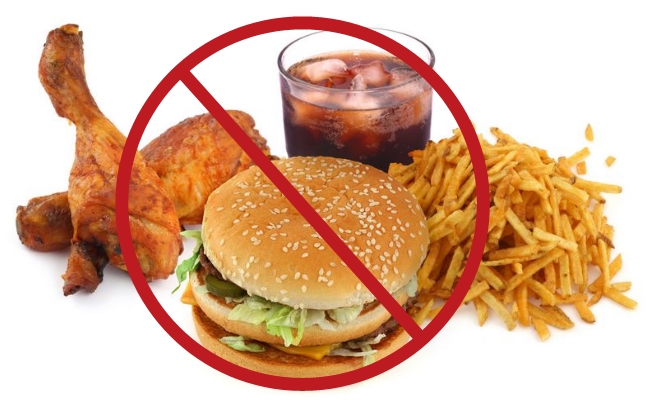
Solution:
Select fresh water fishes rich in Omega-3 fatty acids, perfectly cooked with very low-mercury content.
Soft CHEESES made from unpasteurized milk, including Brie, feta, Camembert, Roquefort, queso blanco, and queso fresco should be avoided during pregnancy as they may contain E. coli or Listeria bacteria and may lead to miscarriage, premature birth or birth defects

Solution
Eat hard cheeses, such as cheddar or Swiss. Check the label and make sure that the cheese is made from pasteurized milk.
Avoid Unpasteurized Dairy Products as they may contain bacteria such as Campylobacter, E. coli, Listeria, or Salmonella that lead to food poisoning
Solution
Always drink fresh and boiled milk. Dairy products such as ice cream, ghee, paneer etc should be bought off labels which use pasteurized milk.
Fresh juices are susceptible to very harmful E.coli and Salmonella bacteria and it is advisable to avoid raw fruits and veggies can that are contaminated with bacteria.
Solution:
Drink pasteurized juice. Bring unpasteurized juice or cider to a rolling boil and boil for at least 1 minute before drinking.Also it’s better to have fruits and vegetables cut or cooked rather than in juices.
Canned foods are packed and stored for longer period of time; and are not recommended during pregnancy as they contain Bisphenol A (BPA), which affects fetal endocrine activity. And may contain harmful bacteria due to long shelf life.
Solution:
Opt for fresh vegetables, fruits and fish to ensure maximum nutrients and minimum expense.
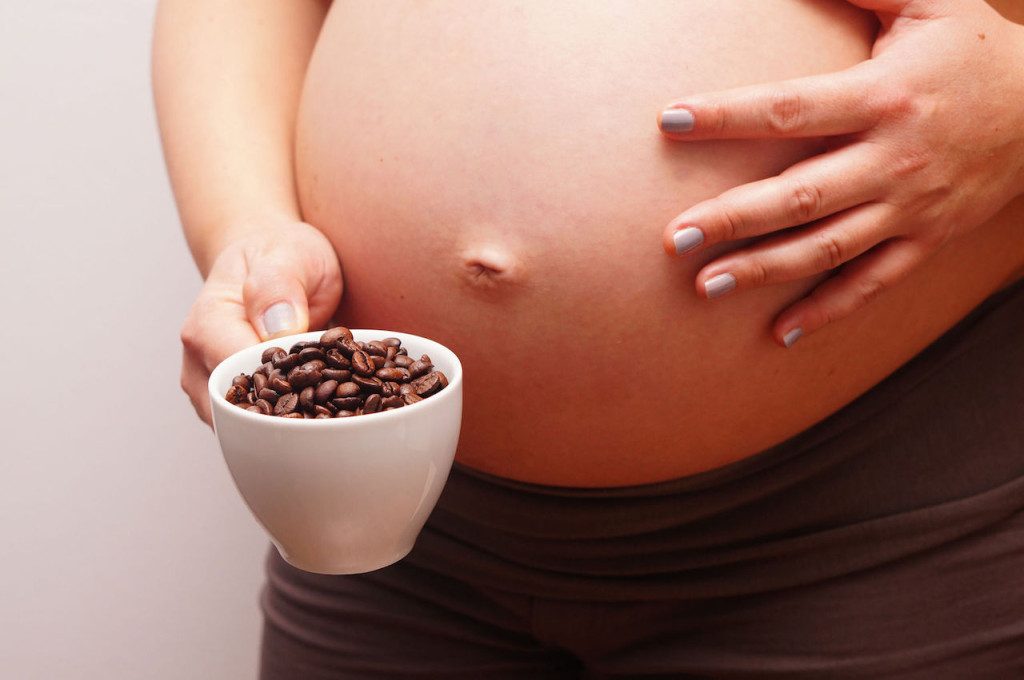
Excessive caffeine may result at higher risk of stillbirths, fetal deaths or spontaneous abortions. Reduce the intake of coffee, tea and chocolate that contain high amounts of caffeine.
Solution:
Limit your caffeine intake to a maximum of 200 ml or 2 cups of coffee a day.
Too much fatty food can make your cholesterol level high making you vulnerable to heart diseases and obesity.
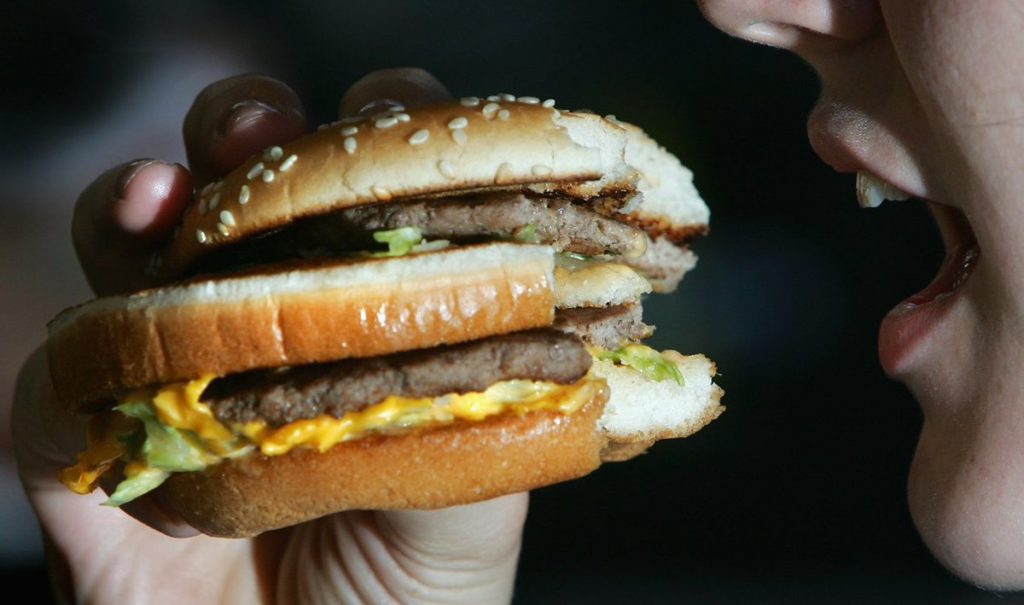
Solution:
Moderate intake of Foods containing the Omega 3, 6, 9 fatty acids are vital.
Salads made in a store, such as ham salad, chicken salad, and seafood salad are recommended to be avoided during pregnancy as they may contain Listeria bacteria which can cause fetal problems during pregnancy.
Solution:
Make salads at home, following the food safety basics: clean, separate, cook, and chill to make it safe and hygienic.

It is the most powerful creation to have life growing inside of you.There is no bigger gift